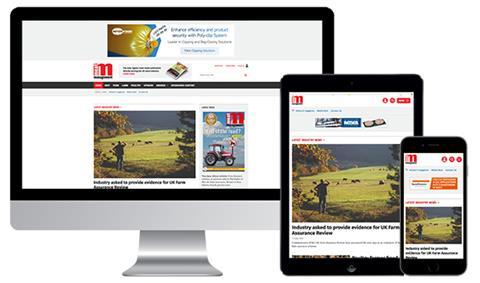The only regular meat trade publication directly serving the UK meat industry.
Read the latest issue >
Brexit and the meat industry: What happens now?

With the UK calling to an end its 47 year membership of the European Union, Meat Management explores what Brexit really means for the meat industry.

It only takes a minute to register for a free account and you’ll get:
- Increased access to our news, opinion and more
- Our searchable news archive
- The option to subscribe to our newsletter and email alerts
- Save stories to your own Library
Get more meat industry content by registering today








